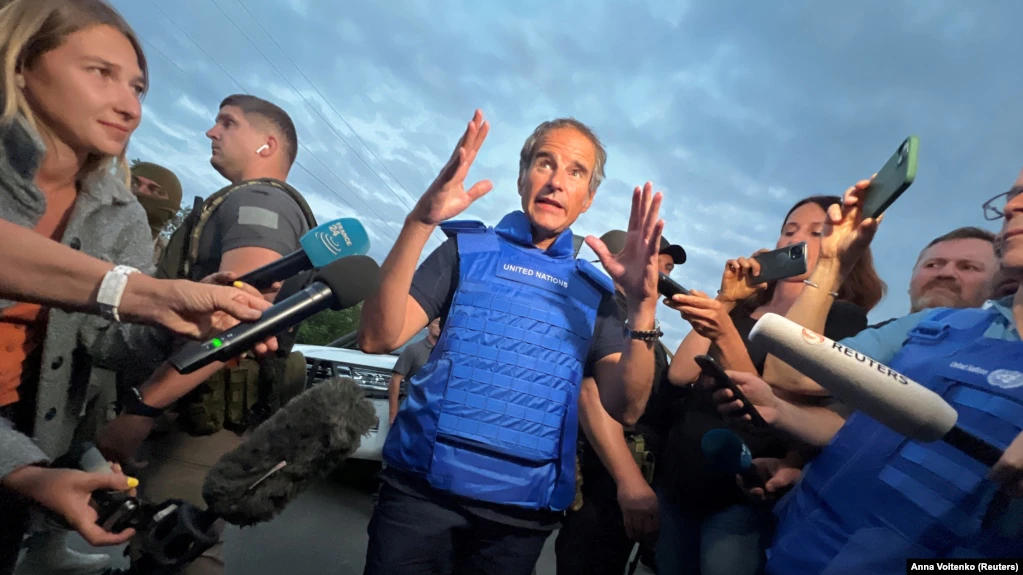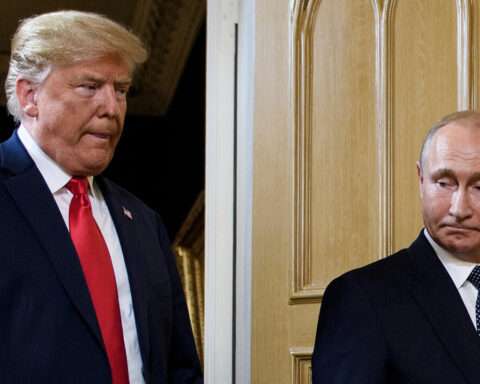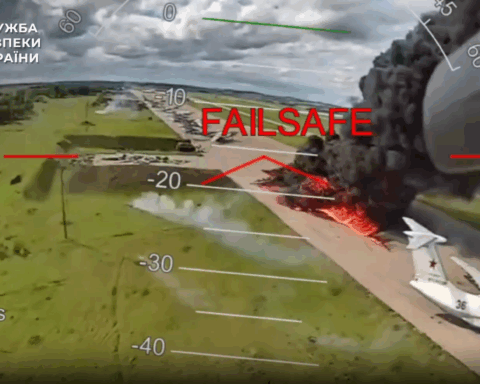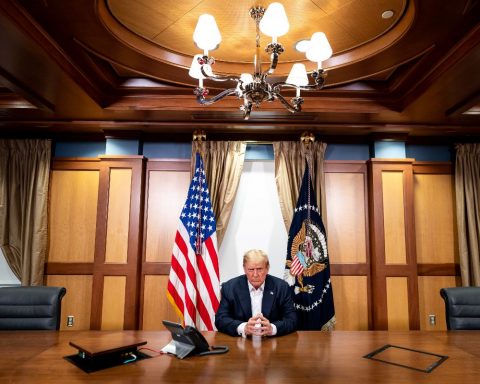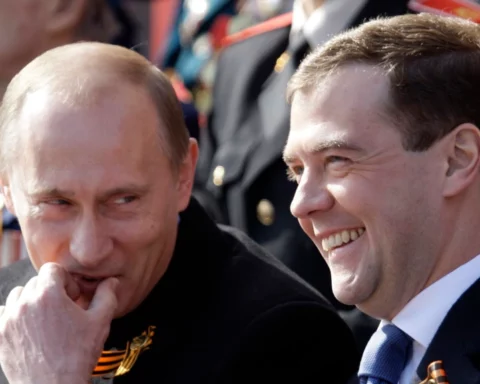The International Atomic Energy Agency (IAEA) is preparing to send inspectors to two Ukrainian sites in reaction to Ukraine’s request for an inspection following Russian claims that Ukraine could deploy a so-called dirty bomb, which Kyiv denies.
Ukraine and its allies have adamantly rejected Russia’s claims that Kyiv is developing a “dirty bomb” to use against Moscow’s forces, and Ukrainian Foreign Minister Dmitro Kuleba invited the IAEA to “urgently send experts to peaceful facilities in Ukraine which Russia deceitfully claims to be developing a dirty bomb.”

Kuleba said Ukraine has always been transparent and has “nothing to hide.”
In response to Kuleba’s request, the IAEA said in a statement on October 24 that it was preparing to send inspectors to two Ukrainian sites.
IAEA chief Rafael Grossi confirmed in the statement that both locations are under IAEA safeguards and have been visited regularly by IAEA inspectors. The IAEA “is aware of statements made by the Russian Federation on [October 23] about alleged activities at two nuclear locations in Ukraine,” Grossi said, adding that both were already subject to its inspections and one was inspected a month ago and no undeclared nuclear activities or material were found.
“The IAEA is preparing to visit the locations in the coming days,” the statement added.
Russia’s claims that Kyiv is planning to deploy a “dirty bomb” — a conventional warhead laced with radioactive, biological, or chemical materials — came in a series of calls between Russian Defense Minister Sergei Shoigu and his counterparts from several NATO countries.
‘Transparently False Allegations’
Britain, France, and the United States issued a joint statement on October 23 dismissing the claim after Shoigu’s calls with their defense ministers in which the Russian minister presented no evidence for his accusations.
“Our countries made clear that we all reject Russia’s transparently false allegations that Ukraine is preparing to use a dirty bomb on its own territory,” according to the statement.
But Russia has doubled down on its assertions, which come after weeks of military defeats for Russia in southern and eastern Ukraine.
Kremlin spokesman Dmitry Peskov told reporters on October 25 that Washington’s refusal to take note of Russia’s warning is unacceptable in the face of such a threat.
“This is an approach that is anything but serious, an approach that I would say is inappropriate given the seriousness of the threat we are talking about,” Peskov told reporters in Moscow.
Russia has said it will bring the issue up at a meeting of the UN Security Council later on October 25.
NATO Secretary-General Jens Stoltenberg weighed in on Moscow’s repeated allegations on October 24, saying the alliance also rejects the claims.
“NATO Allies reject this allegation. Russia must not use it as a pretext for escalation. We remain steadfast in our support for Ukraine,” he said on Twitter.
Moscow’s claims that Ukraine could employ a dirty bomb raised concern that Russia could use such a device and blame Kyiv, a so-called false flag operation.
U.S. State Department spokesperson Ned Price said the United States has not seen any indication that Russia is preparing to use a nuclear weapon but said there would be consequences for Moscow if it used a dirty bomb or any other atomic device.
“It would certainly be another example of [Russian] President [Vladimir] Putin’s brutality, if he were to use a so-called ‘dirty bomb.’ There would be consequences for Russia whether it uses a ‘dirty bomb’ or a nuclear bomb. We’ve been very clear about that,” Price told reporters.
Meanwhile, German President Frank-Walter Steinmeier arrived in Kyiv on a surprise visit early on October 25, his spokesperson said.
Steinmeier, who arrived in the Ukrainian capital by train, was set to meet Ukrainian President Volodymyr Zelenskiy later in the day.
This is Steinmeier’s first visit since Russia began its invasion of Ukraine on February 24.


